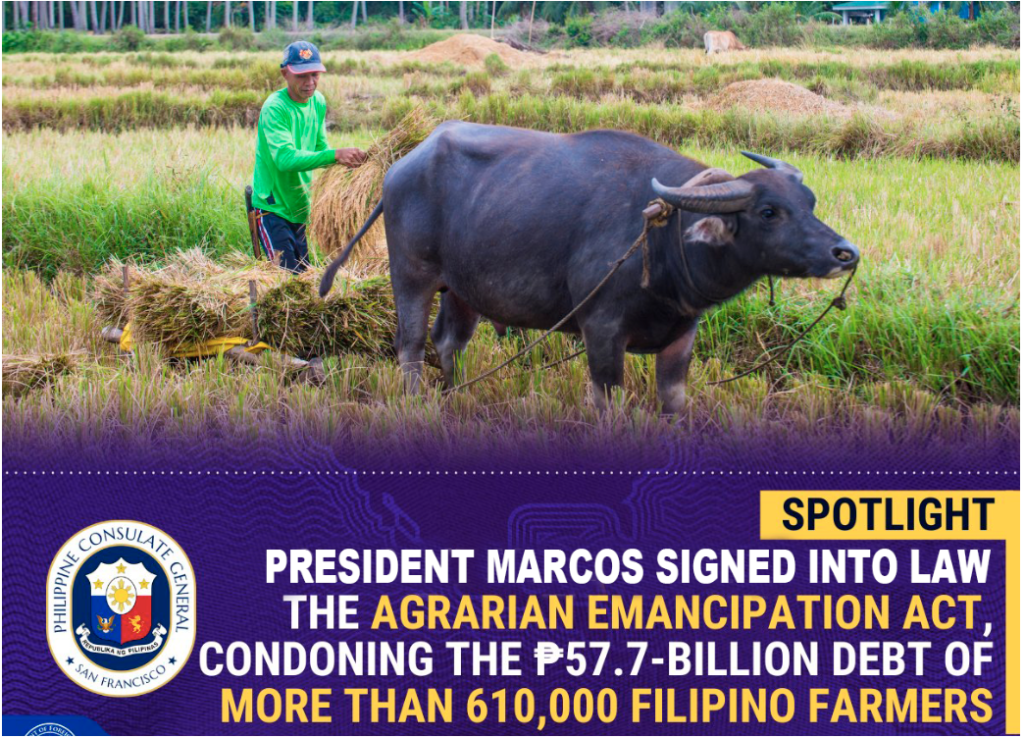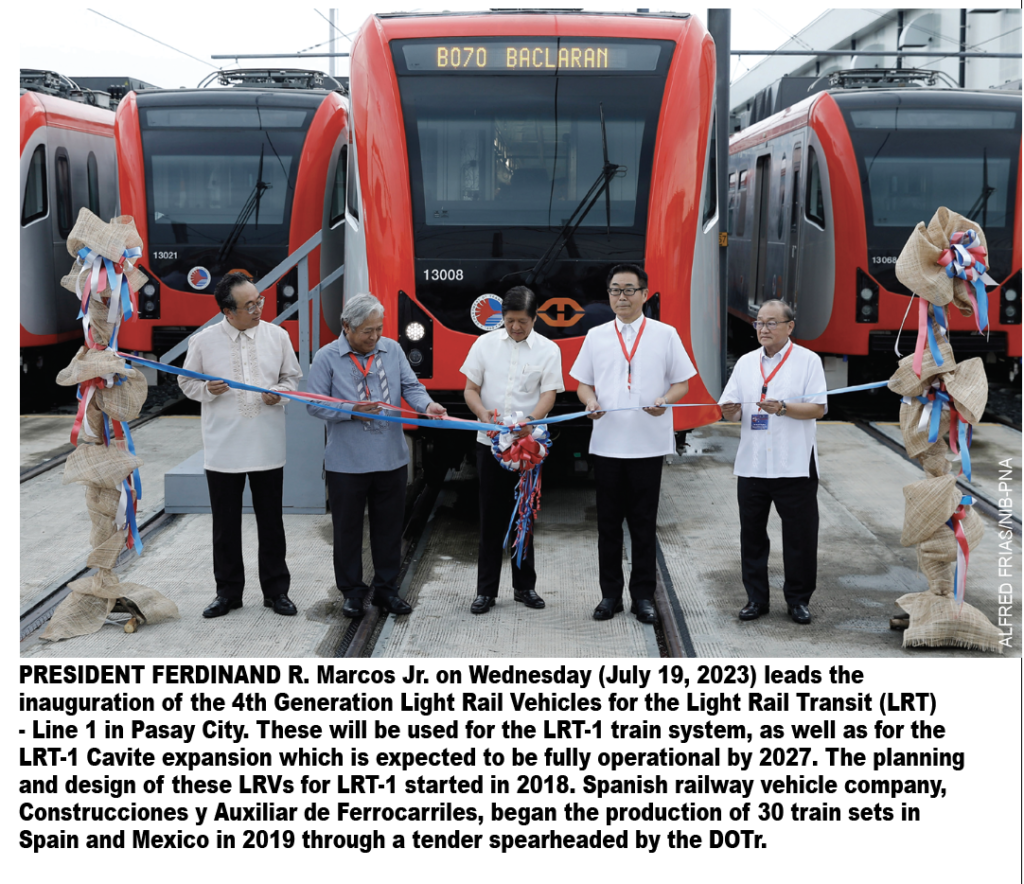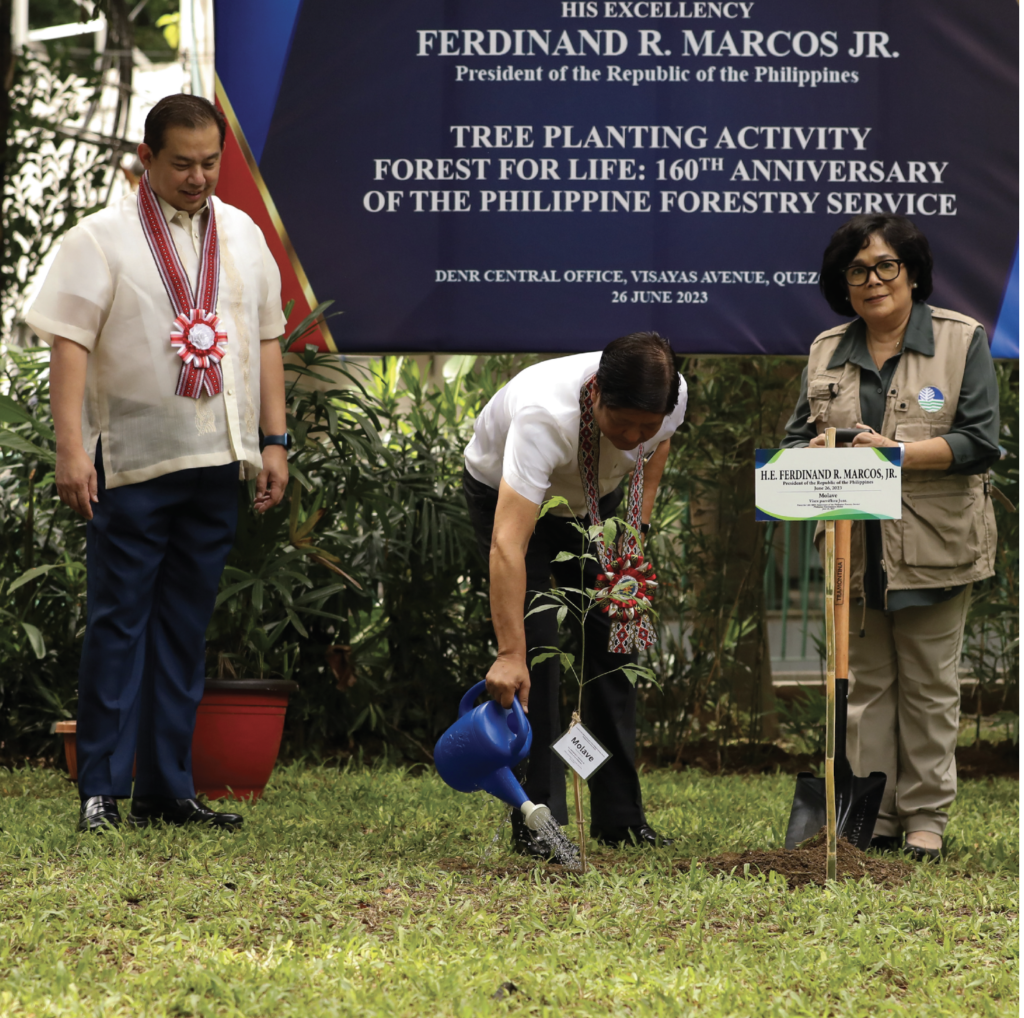By Antonio S. Lopez

That is how President Ferdinand “Bongbong” Romualdez Marcos Jr. calls the latest measure he signed into law, the Maharlika Investment Fund Act.
“The MIF is a bold step towards our country’s meaningful economic transformation,” BBM enthused on July 18 at the presidential palace signing.
“Just as we are recovering from the adverse effects of the pandemic, we are now ready to enter a new age of sustainable progress, robust stability, and broad-based empowerment,” he said, adding:
“For the first time in the history of the Philippines, we now have a sovereign wealth fund designed to drive economic development.”
“Through the Fund, we will leverage on a small fraction of the considerable but underutilized investable funds of government and stimulate the economy without the disadvantage of having additional fiscal and debt burden.”
MIF has an authorized capital of P500 billion, less than $10 billion, and much smaller than the seed money of most sovereign funds which is in trillions, of dollars. But it is a good start.
Initial capital is even smaller, P125 billion—P50 billion from the Land Bank, P25 billion from DBP, and P50 billion from the national government.
MIF has an authorized capital of P500 billion, less than $10 billion, and much smaller than the seed money of most sovereign funds which is in trillions, of dollars. But it is a good start.
Initial capital is even smaller, P125 billion—P50 billion from the Land Bank, P25 billion from DBP, and P50 billion from the national government.
He said, “The first part of this administration was spent on a very simple principle that we will go out to the world and we will do the changes that are necessary for the Philippines to become an investment-friendly nation.”
Marcos explained, “We now have an available fund that will provide us the seed money for investments and to attract other foreign investments and for us to be able to participate in those operations, in those investments without additional borrowings.”
The President vows a well-run fund.

“Let us make sure that these are professionals. Let us make sure that decisions that are being made for the fund are not political decisions, that they are financial decisions because that is what the fund is. It is essentially a fund that we will continue to invest in.”
BBM does not discount failure. Having trained himself as a banker, the President knows the risk:
“The fund will fail if we do not make money on the fund. It’s that simple. But there are so many opportunities that we cannot allow to slip by and that is why we have put up the Maharlika Fund so as to be able to give us the capacity and the ability to join in those investments.”
So, he said, “Instead of taking on additional borrowings and having to work to pay for the interest and roll over the principal every so often, we now have a fund which will itself make money and that will increase its capacity and capability to invest in all of these extremely important projects.”
What are these projects?

“We are talking about investments in agriculture. We’re talking about investments in infrastructure. We are talking about investments in digitalization. We are talking about the investments in the strengthening of our supply chains.”
“We are talking about all of those elements that the post-pandemic economy has shown us are necessary for us to be able to transform the Philippines into a country that not only is investment-friendly but also is competitive in the rest of the world. That is the point of this fund.”
The President disclosed his team looked at other sovereign funds to address the worries of MIF’s critics.
“What worked? What didn’t work? What were the mistakes so we don’t commit the same mistakes?”
“And the essential element that came back at us after that study was that every sovereign fund is unique depending upon the purposes of that fund.”
In China, he noted, “They had this agency which started off as an agency looking for investments to be brought into China. As China grew wealthier, they changed the ambit of their operations. And it is now where can China invest outside of the People’s Republic.”
BBM noted: “There is an evolution. It does not mean that what we have made here is it. It will evolve. As the context such as the economic situation, the global situation changes. And as the opportunities arise, and the risks are differently assessed, then that is what we will adjust to.”
And, “as long as we manage it properly and I contend that we have some of the best economic managers both in government and in the private sector that we can count on to run this fund properly.”
The President was removed as MIF head.
Also removed was the secretary of finance, because “inevitably, if you put me or the Secretary of Finance in the decision-making loop, those decisions will be colored by political considerations, and that must not be the case.” He added:
“We have to look at any potential investment. We have to look at any potential operation of the fund in a cold-calculating manner. That is the only way that it will succeed.”

“I’m confident that we will find all of the people who are so competent that we can rest easy that they will handle the fund properly.”
Structurally, “the fund is left to be a fund and operating on a sound and proactive financial basis.”
